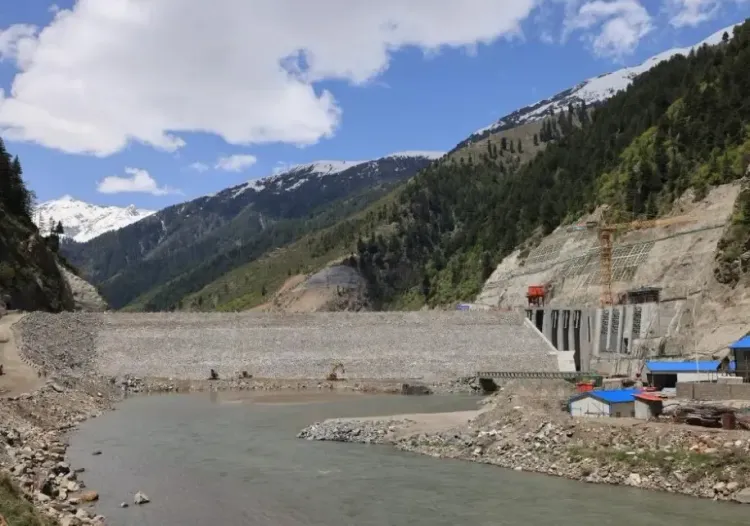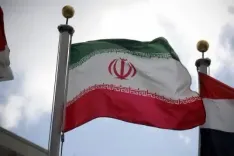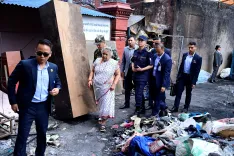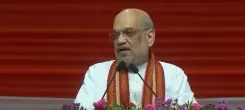Why Are Residents of Harban Blocking the Karakoram Highway?

Synopsis
Key Takeaways
- Residents of Harban are protesting for fair compensation.
- The blockade has caused severe shortages of food and medicine.
- Authorities have acknowledged the owed compensation but have delayed payments.
- The protest continues as community members demand urgent action.
- The situation is affecting the local economy significantly.
Islamabad, Sep 14 (NationPress) Hundreds of individuals are currently stranded as residents of Harban in Khyber-Pakhtunkhwa's (KP) Upper Kohistan persist in obstructing the Karakoram Highway (KKH) for the seventh day in a row, demanding prompt and enhanced compensation for land appropriated for the Diamer-Basha Dam project, as per local media reports.
The sit-in near Harban Nallah has disrupted the primary route connecting Pakistan-occupied Gilgit-Baltistan with the rest of Pakistan, resulting in severe shortages of food and medicine, while leaving hundreds of trucks loaded with goods immobilized.
Protesters have accused WAPDA and the Khyber-Pakhtunkhwa administration of failing to fulfill their promises regarding compensation payments, according to a report from the prominent Pakistani daily, The Express Tribune.
One demonstrator stated, "Our land was taken, the rates were unfair, and the payments have been delayed for years."
Officials from the Kohistan administration and WAPDA confirmed that approximately Rs 3 billion is owed in total, with nearly Rs 2 billion already transferred to the deputy commissioner's account.
They asserted that the remaining funds will be disbursed once legal procedures are finalized. However, protesters have dismissed any further delays.
The extended blockade has led to increased prices of essential vegetables like onions and tomatoes, while transport rerouted through the Babusar Pass is charging exorbitant fares, exacerbating inflation in an already vulnerable local economy, according to local media reports.
Traders and transporters report significant losses with each passing day.
Civil society organizations have criticized the Khyber-Pakhtunkhwa government's silence, questioning the state's ability to address the ongoing crisis.
Protesters have pledged to maintain the sit-in until their demands are satisfied, while residents and traders are calling on federal and provincial authorities to intervene, negotiate, and restore traffic on this crucial highway.









